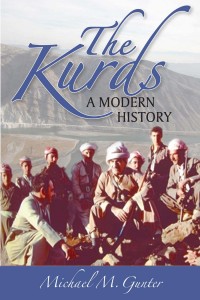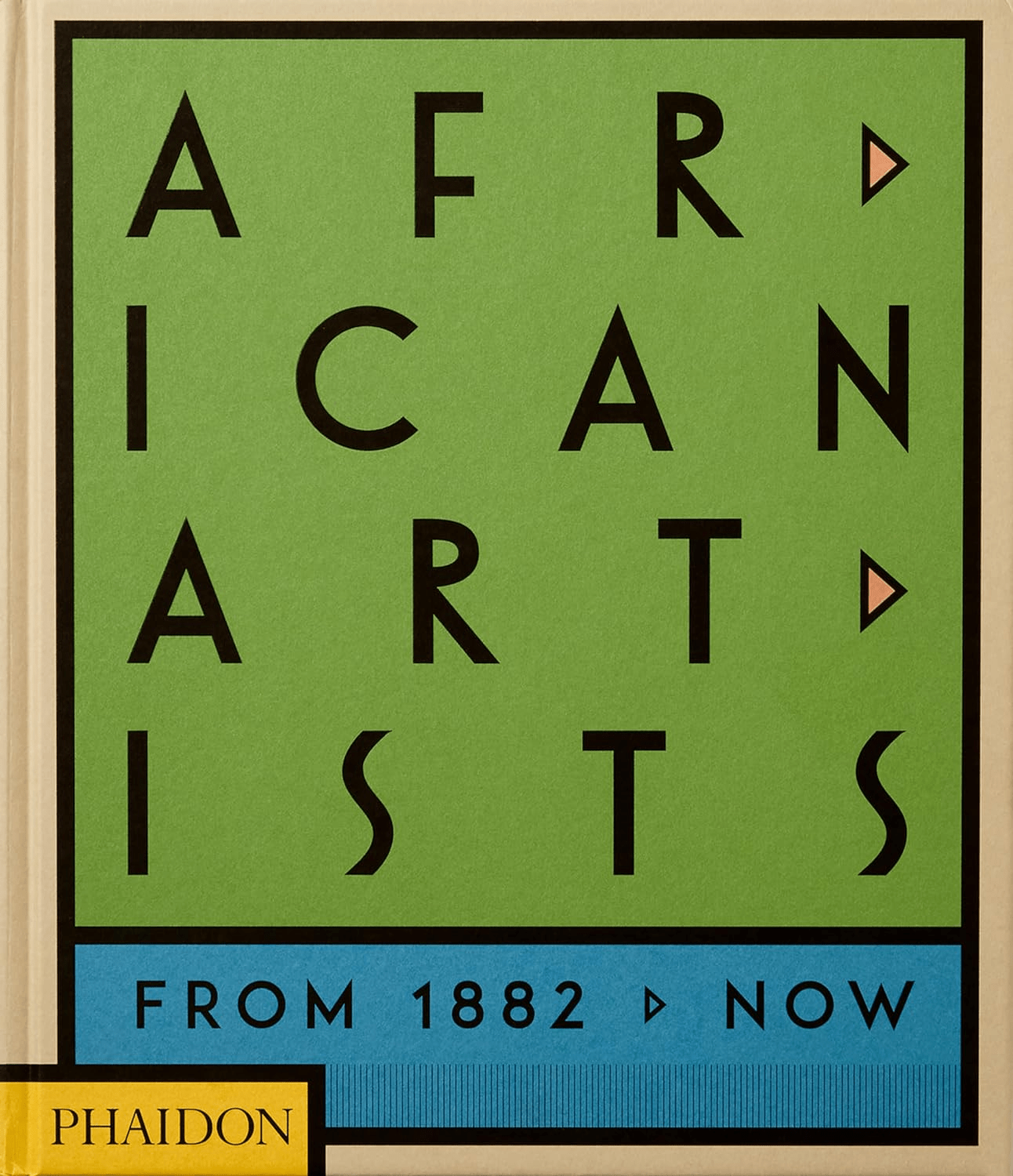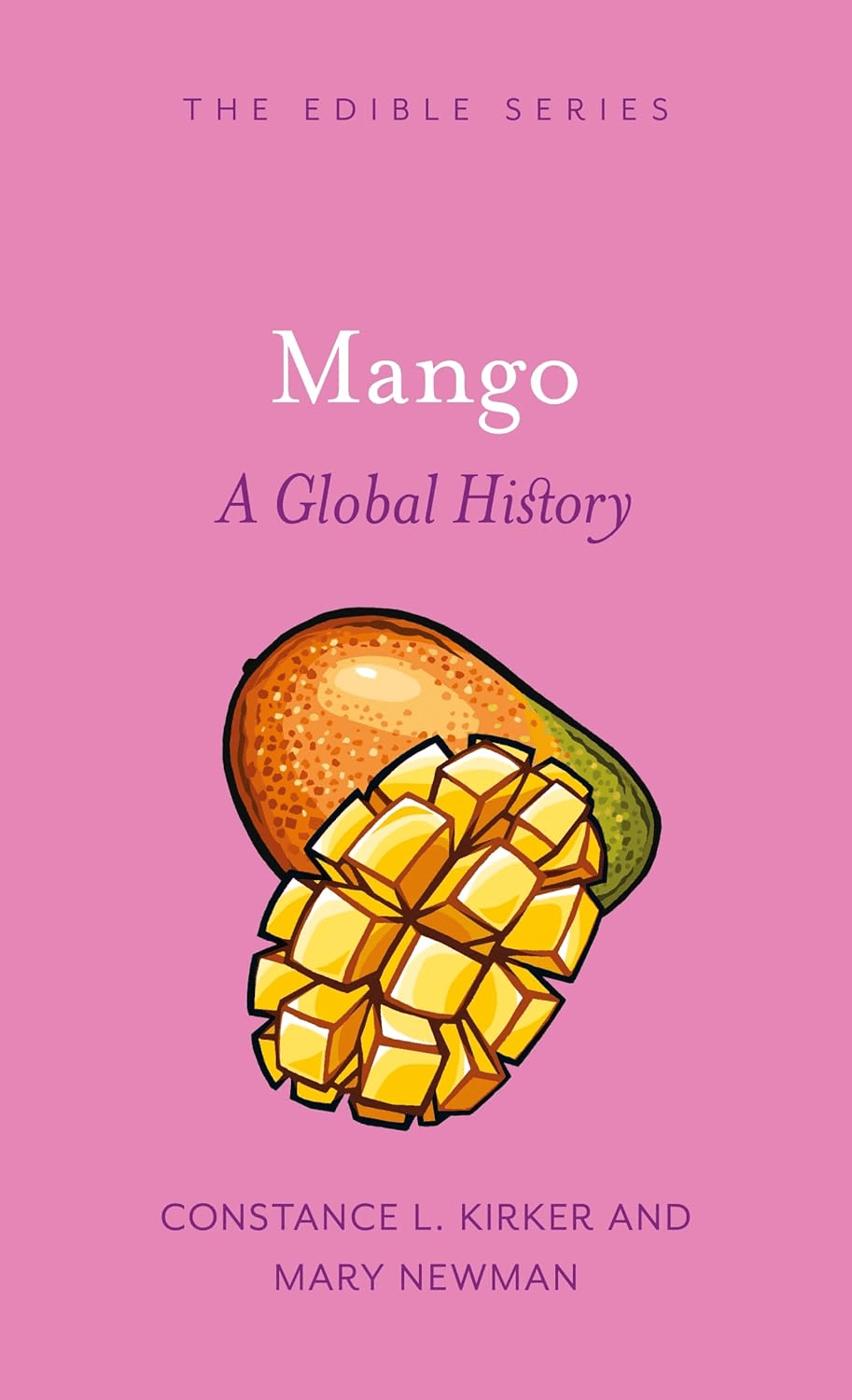
The Kurds: A Modern History
Louis Werner
Michael M. Gunter
2016, Markus Wiener, 978-1-55876-614-3, $68.95 hb.
Kurdish history is a fast-moving, tough-to-tackle topic in these first two decades of the 21st century. Cross-bedded loyalties, the fitful roles of outside observers and international players, and the oft-contradictory needs of reconstructing artificially drawn nation states in the aftermath of uprisings and invasions all greatly complicate the subject. Gunter offers a survey of what might be called the Kurdish Questions—note the much-needed plural!—of today, with chapters on the Kurds of Turkey, Syria, Iraq and Iran, as well as analyses of their contested relations with the US and non-Kurdish insurgencies. His most helpful contribution is twofold: a synopsis of Kurdish literary and linguistic identity, and his noted parallel between Kurdish nationalism, as it emerged from the Ottoman and Persian empires, and various European nationalist movements born from similar crumblings of the Austro-Hungarian and Russian empires.
You may also be interested in...

A Century of African Art, in 300 Voices, All in One Book
From Cairo to Khartoum to Casablanca, this volume traces how African artists have shaped—and reshaped—modern art over the past century.
Book ‘s Take on Mangos Serves Up a Curious Mix of Food and History
Constance L. Kirker and Mary Newman trace mango’s cultural and culinary significance around the world.